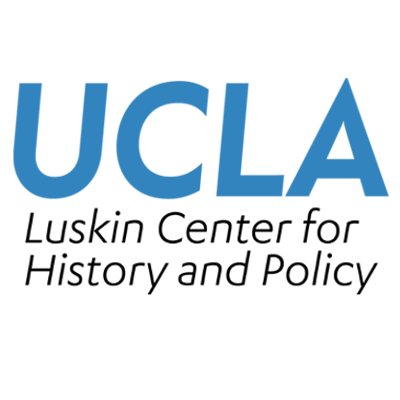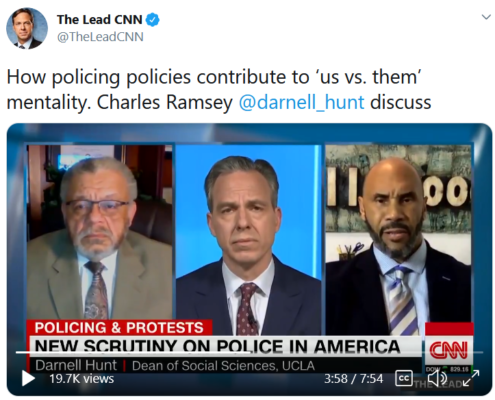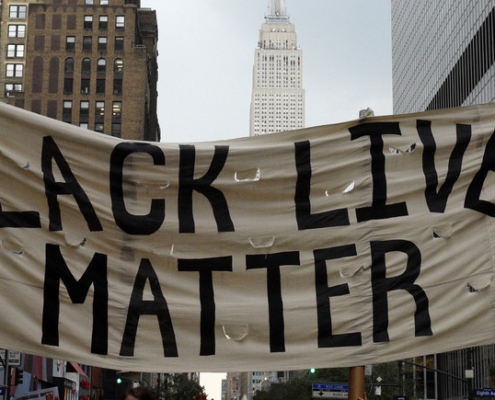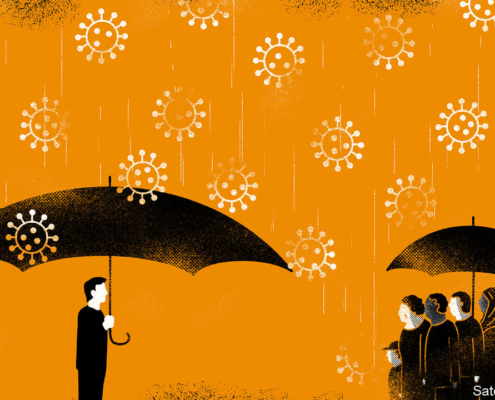Posts

UCLA Luskin Center for History and Policy Releases Report About Latest Scourge of White Nationalism
UCLA's Luskin Center for History and Policy has published…

Dean Darnell Hunt Interviewed Live on CNN and Other Major News Outlets To Discuss Police Brutality and Protests
Today, UCLA Dean of Social Sciences Darnell Hunt appeared…

UCLA Leadership Releases Statement in Support of Black Lives Matter and Provides Expertise in Protest Coverage
On May 30, 2020, UCLA Leadership released the statement…

Open Letter on Inequities and the COVID-19 Response
Professors Chandra L. Ford (UCLA), Bita Amani (Charles Drew…

A Fresh Perspective: Black Life Across U.S. Cities
UCLA’s Division of Social Sciences is full of amazing faculty,…

